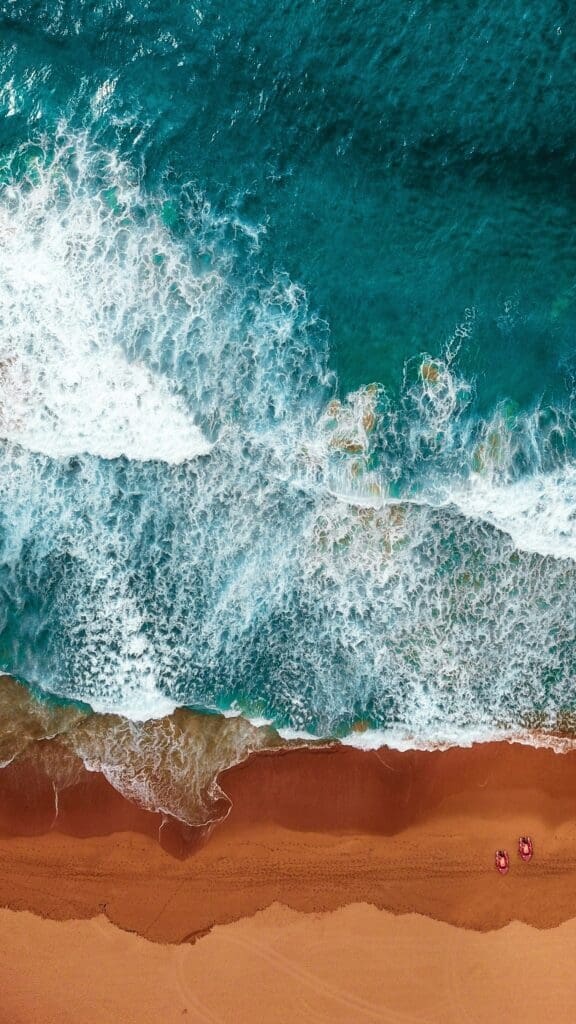Scuba Diving International (SDI)
Founded: 1998
Global Reach: Over 3,000 dive centers and resorts in more than 60 countries.
Certifications Offered: From entry-level (Open Water Diver) to professional (Instructor and Dive Master).
Number of Certified Divers: Over 500,000 worldwide.
Training Materials: SDI offers a range of digital and printed materials, including eLearning options and interactive tools.
Specialties: Includes a variety of specialties such as technical diving, underwater navigation, and rescue diving.
Distinct Features: SDI is known for its flexible and modern approach to diving education, emphasizing hands-on training and practical experience. It focuses on diver safety and progressive learning, and supports a strong community of divers and instructors.




About SDI
Overview
Since its inception in 1998, Scuba Diving International (SDI) has established itself as a forward-thinking scuba certification agency. Originally designed to be a modern alternative to traditional scuba training organizations, SDI has grown to include over 3,000 dive centers and resorts across more than 60 countries. SDI focuses on providing high-quality, flexible scuba education and certification, catering to divers from beginners to seasoned professionals. With its emphasis on practical experience and hands-on training, SDI supports a diverse range of diving activities and ensures that its training programs are relevant and effective.
SDI Mission Statement
SDI is dedicated to providing exceptional diver education with an emphasis on practical training, diver safety, and innovative teaching methods. The organization strives to make diving accessible and enjoyable for everyone by offering flexible, hands-on courses that meet the needs of modern divers. SDI is committed to fostering a safe and supportive diving community while promoting environmental stewardship through its initiatives and partnerships. By continually evolving and adapting its programs, SDI ensures that divers are well-prepared to explore the underwater world responsibly and confidently.
Who is SDI for?
- Beginners and Recreational Divers
- Overview: SDI is excellent for those new to scuba diving or seeking to refine their recreational skills. Its courses are designed to be user-friendly and engaging for newcomers.
- Why It Works: SDI’s entry-level certifications, such as the Open Water Diver, are structured to deliver a solid introduction to diving, focusing on practical skills and safety.
- Travelers and Vacation Divers
- Overview: With its global network of dive centers and resorts, SDI is ideal for divers who travel frequently or dive while on vacation.
- Why It Works: SDI’s widespread presence means divers can easily find reputable dive shops and instructors almost anywhere in the world, facilitating continued diving during travels.
- Aspiring Dive Professionals
- Overview: For those pursuing a career in diving, SDI offers a well-defined path from recreational diver to professional levels.
- Why It Works: SDI’s professional courses, like Divemaster and Instructor, are highly regarded and provide a strong foundation for a diving career, including opportunities for advancement and specialized training.
Who is SDI not for?
- Divers Seeking Highly Specialized Technical Training
- Overview: While SDI offers a range of courses, it may not be the best choice for those specifically looking for advanced technical diving training.
- Why It’s Less Suitable: For divers interested in deep technical dives, cave diving, or trimix courses, specialized agencies like TDI may be more appropriate.
- Those Preferring a Highly Standardized Approach
- Overview: SDI’s training programs are designed to be flexible and adaptable, which might not suit those who prefer a highly standardized training method.
- Why It’s Less Suitable: Some divers or instructors may prefer more rigid training frameworks, which are sometimes offered by other agencies with a more standardized approach.
- Divers Looking for Extensive Regional Focus
- Overview: While SDI has a significant global presence, those seeking very localized or niche diving experiences might find other agencies better suited to their specific interests.
- Why It’s Less Suitable: SDI’s global approach may not always cater to highly specific regional diving traditions or local expertise.
What Are Their Best Courses and Why?
SDI’s top courses are crafted to enhance the diving experience at every level. The Open Water Diver course is ideal for beginners, offering a solid foundation in essential diving skills. The Advanced Open Water Diver course builds upon these skills, introducing divers to new environments and techniques. The Rescue Diver course emphasizes emergency management, preparing divers to handle crises confidently. For those pursuing a career in diving, the Divemaster certification provides professional training and leadership skills. Additionally, SDI’s specialty courses such as Underwater Photography and Wreck Diving allow divers to explore personal interests and deepen their expertise. Each course reflects SDI’s commitment to safety, high-quality education, and environmental stewardship.

Open Water Diver
Flexible Learning: Offers both classroom and eLearning options, making it accessible and convenient.
Overview: This is SDI’s most popular course and often the starting point for new divers.
Why It’s the Best:
Comprehensive Training: It covers essential skills and knowledge needed for safe recreational diving.
Global Recognition: The certification is widely accepted, allowing divers to dive almost anywhere in the world.

Advanced Open Water Diver
Adventure: Offers a chance to explore new areas of diving and build confidence.
Overview: This course builds on the Open Water Diver certification and introduces divers to more advanced skills and specialties.
Why It’s the Best:
Skill Enhancement: Allows divers to gain experience in various types of diving, such as deep diving and navigation.
Specialization: Includes specialty dives and practical training that enhances overall diving competence.

Rescue Diver
Prerequisite for Professional Training: Often a required course for those pursuing professional dive certifications.
Overview: Focuses on developing skills to prevent and manage diving emergencies.
Why It’s the Best:
Safety Focus: Emphasizes safety and emergency management, making divers more prepared for unexpected situations.
Skill Development: Provides critical skills that enhance a diver’s ability to assist others and handle emergencies effectively.
